Bioscience
Bacteria that boost plant pumps against drought
Adding certain types of bacteria to soil could help protect plants against drought by activating a proton pump in root cells.
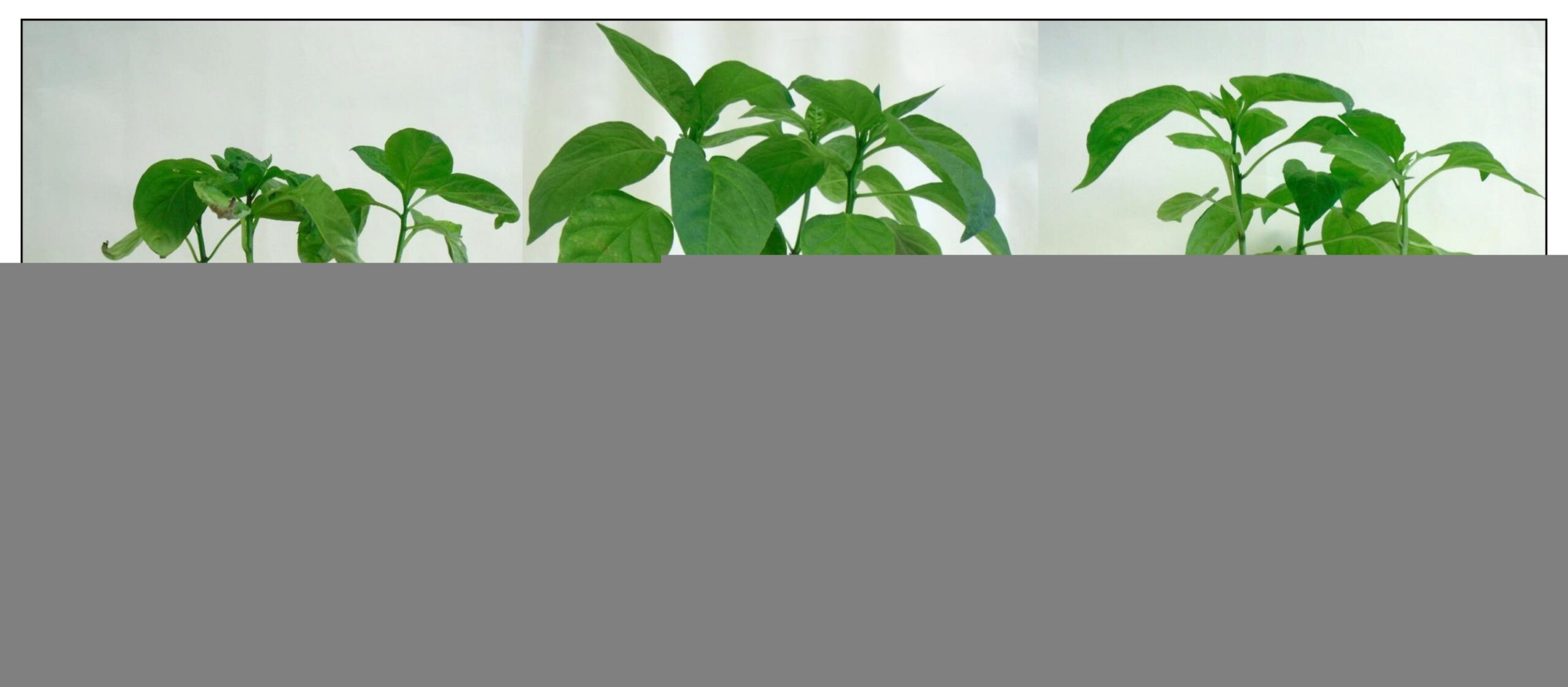
Two types of bacteria known for their growth-promoting properties improved chili plant resistance to drought. They do this partially through their role in over-activating a pump present in the vacuolar membrane of root cells that ultimately facilitates water uptake from soil.
Microbial ecologist, Daniele Daffonchio, and colleagues at KAUST and in Italy investigated whether bacteria that can confer drought resistance in plants have an effect on a cellular vacuolar proton pump that helps roots take up more water from the soil.
Vacuolar proton pumps are proteins present in the membranes of cell vesicles called vacuoles. These vesicles play a variety of roles, including storing nutrients and waste products. When vacuolar proton pumps are activated, hydrogen ions are pumped into the vacuole, creating an electrochemical gradient that increases the osmotic pressure within the vacuole: this encourages water to move from the soil into the roots.
Daffonchio and his team selected two types of bacteria for their experiments: Bacillus subtilis and Paenibacillus illinoinensis. These endophytic bacteria live within plant tissues and have properties that promote plant growth and enhance their tolerance to drought. The team compared the effects of growing chili plants, which are highly sensitive to water stress, under normal and drought-simulating conditions with or without the presence of the bacteria.
They found that the bacteria successfully colonize the roots of the chili plants, enhance the formation of a more robust root system, and improve photosynthetic activity under drought conditions. Taking a closer look, they found, for the first time, that the bacteria over-activate a vacuolar proton pump in the plants called V-PPase.
“This finding opens a new prospect for improving drought response in plants,” says KAUST agricultural biotechnologist, Ramona Marasco, a first author of the study. “The results demonstrate that drought resistance can be induced by bacteria that naturally colonize plant tissues, and not only by genetically modifying plants,” she adds.
Much research is focused on genetically engineering cultivars with increased tolerance to stresses resulting from climate change and desertification, explains Marasco. This tolerance can be also conferred by bacterial root symbionts. “A potential implication of our research is that the colonization of root tissues with appropriate bacterial strains might help conserve irrigation water, a precious resource in arid lands,” she says.
The team next plans to test whether the bacteria can confer drought resistance in other types of crops. They are also studying what prerequisites are required for these microorganisms to efficiently colonize plants, thrive in different types of soil and compete with other microbial communities.
References
- Vigani, G., Rolli, E., Marasco, R., Dell’Orto, M., Michoud, G., Soussi, A., Raddadi, N., Borin., S, Sorlini, C., Zocchi, G. & Daffonchio, D. Root bacterial endophytes confer drought resistance and enhance expression and activity of a vacuolar H+-pumping pyrophosphatase in pepper plants. Environmental Microbiology 21, 3212-3228 (2019).| article
You might also like

Bioengineering
Bio-inspired network structures for next-generation AI

Bioscience
Robust workflow built for chemical genomic screening
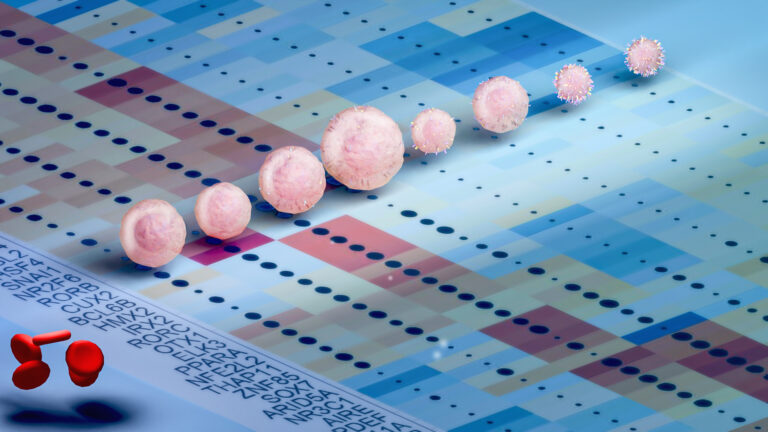
Bioscience
Cell atlas offers clues to how childhood leukemia takes hold
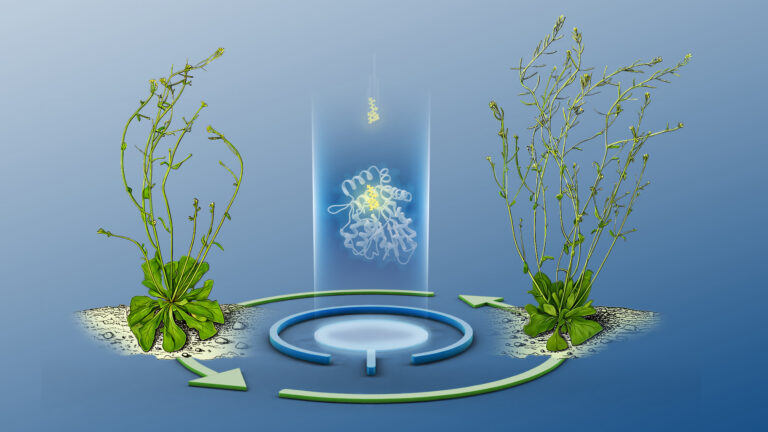
Bioscience
Hidden flexibility in plant communication revealed

Bioscience
Harnessing the unintended epigenetic side effects of genome editing
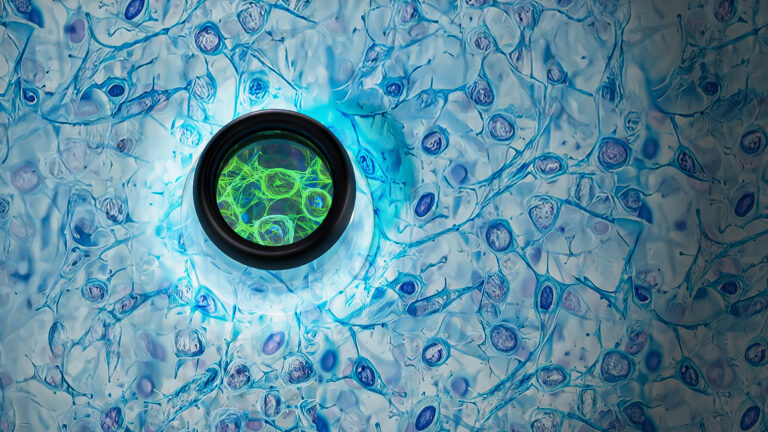
Bioscience
Mica enables simpler, sharper, and deeper single-particle tracking
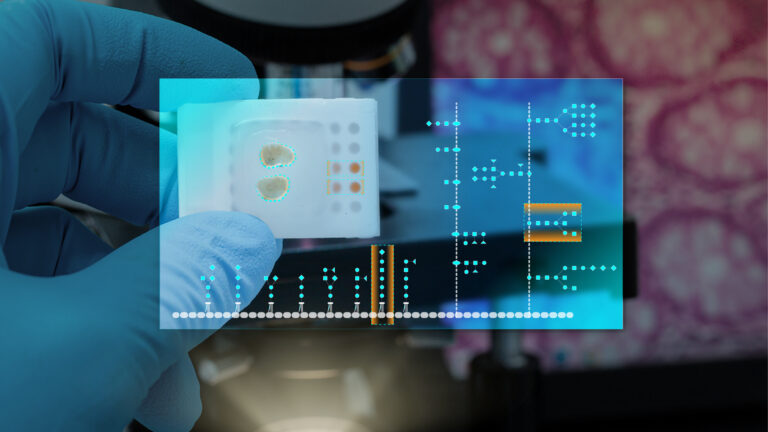
Bioengineering
Cancer’s hidden sugar code opens diagnostic opportunities
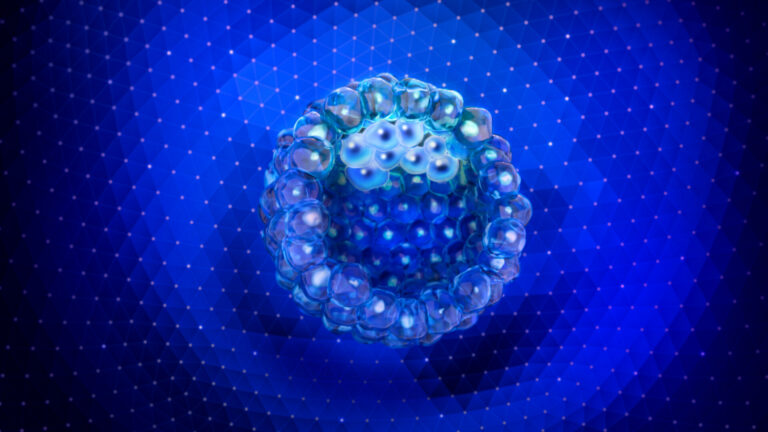
Bioscience




